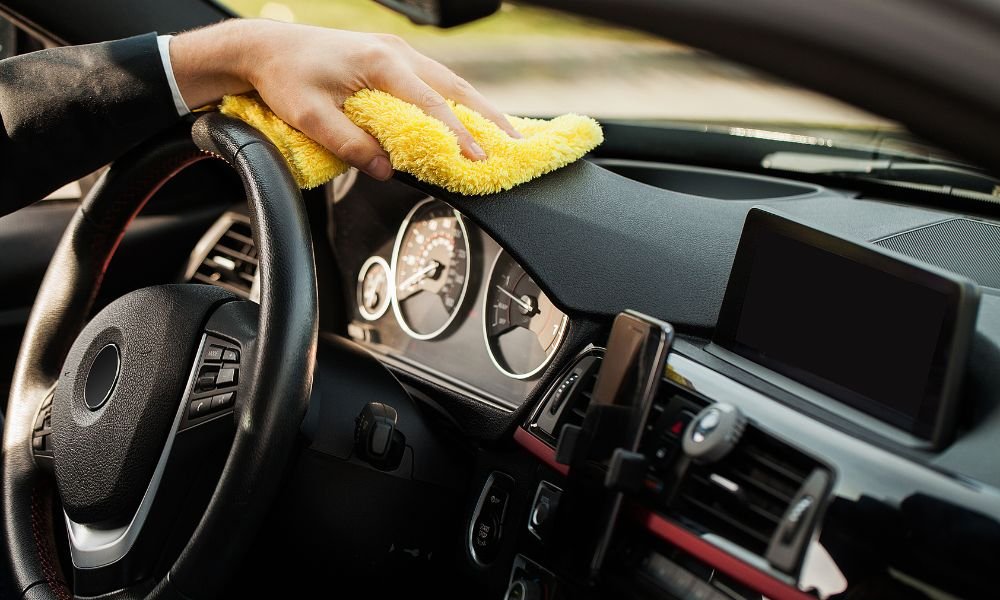NASCAR’s Landon Cassill Becomes the First Driver to Be Paid Entirely in Crypto
Cryptocurrency is quickly growing into a very normal part of life. From plain investing to paying friends and buying goods on the internet, there’s always a way to spend your money—including paying a $5-million ransom to get a pipeline back online. Hell, you could even buy a Tesla with Bitcoin—well, you could until CEO Elon Musk decided not to accept it.
Today, it turns out you can also get a paycheck in cryptocurrency, so as long as you’re NASCAR racing driver Landon Cassill.
On Thursday, Cassill revealed that he reached an agreement with cryptocurrency exchange Voyager. In exchange for a 19-race sponsorship deal that begins at Nashville Superspeedway, Cassill will be receive a fully cryptocurrency-backed compensation package, paid out as a “portfolio of digital assets” largely consisting of Bitcoin and Litecoin. While the driver didn’t disclose the amount agreed upon, he did note that Voyager was paying “market rate” despite the unorthodox payment method.
While Cassill might not have as heavy as thumb on the crypto scales as Musk, he certainly is one of the most notable crypto-positive figures in NASCAR. His twitter feed is lined with pro-Bitcoin news (despite his bio warning that he isn’t giving out financial advice), and he talks about previously mining bitcoin in his basement. It also appears he’s good friends with Charlie Lee, the creator of Litecoin and former Director of Engineering at CoinBase. Certainly not the norm when it comes to racing.
The deal with Voyager comes two years after Cassill met CEO Steve Ehrlich at a cryptocurrency conference. Since the meeting Ehrlich had been reportedly pitching the idea of the sponsorship before finally convincing the driver to bite.
“I can trade it out right away before the market changes or hang on to it as the market goes up or goes down, carve out a little bit, pay my bills with it and hold the rest,” said Cassill, noting that he has no hesitation of making the deal with virtual currency instead of cash.
Cassill might be the first driver to be fully paid in crypto, but this isn’t the first time that digital currency has made it onto the oval. In 2014, the infamous Dogecoin car driven by NASCAR Sprint Cup Driver Josh Wise hit the track, and earlier this year a car driven by Rinus VeeKay took top 10 in the Indy 500.
Regardless, many cryptocurrency advocates like Cassill believe that more exposure is good for digital currency—whether it be Bitcoin, Litecoin, Dogecoin, or some other upstart altcoin looking to break into the mainstream.
Got a tip or question for the author? Contact them directly: [email protected]


